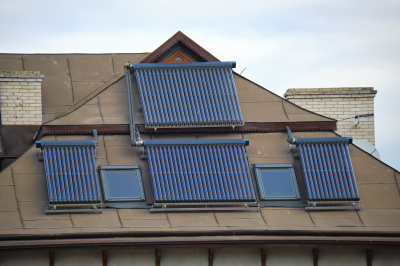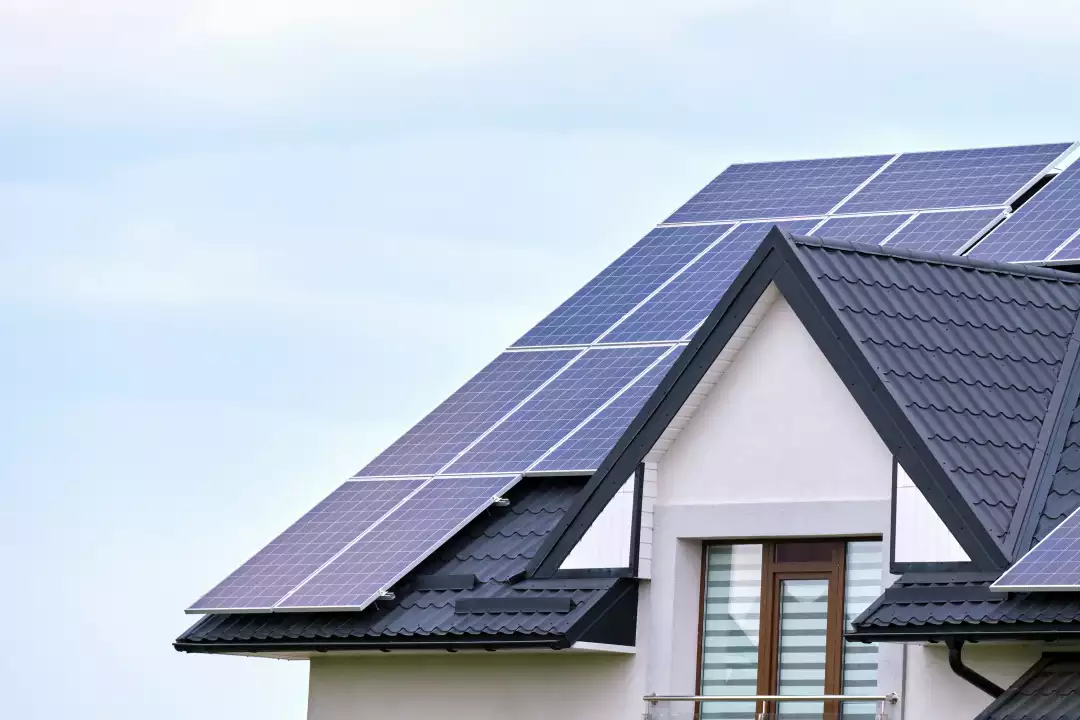Do you need planning permission to install solar panels?
Installing solar panels is becoming a popular way for people to reduce their carbon footprint and save money on energy bills. But, one of the biggest questions is do you need planning permission to install them in the UK? Generally speaking, for most residential properties, you will not require planning permission for the installation of solar panels. However, this does depend on the type of solar panels, the location of the panels, and the building's listed status. Planning permission may also be required in certain circumstances involving flats or apartments.
When is planning permission required?
If you are looking to install traditional solar photovoltaic (PV) systems, which convert sunlight into electricity, then you don’t normally need planning permission. The national guidelines state that, provided there are no special circumstances, solar panels are considered ‘Permitted Development’. This means you won’t need to apply for formal permission, however, there are still restrictions to be aware of. For instance, if the building is listed, or within a conservation area, then you should check with your local authority as you may be required to complete a planning application.
In addition, any new installations should have a minimal impact on the surrounding views and should not cause a loss of direct sunlight onto neighbouring properties. Furthermore, the area of the panels should not exceed more than 50% of the total area of the property’s roof. If you want to install ground-mounted solar panels, this will require planning permission as these are not considered ‘Permitted Development’.

Need assistance finding solar heating systems near you?
Get a QuoteWhen does permitted development not apply?
Solar panel installations are subject to Restrictive Covenants or other legal obligations that apply to land. For instance, if the property is part of a Homeowner's Association, they may prohibit such installations on the grounds due to maintenance or aesthetic reasons. In this case, you would need to check the covenants that are in place and seek permission. Similarly, if you live in a terraced house, it’s likely that neighbouring extensions will have an effect on where you can place your solar panels.
What is the installation process like?
The process of installing solar panels is straightforward. Firstly, you should collect details of your property size and electricity consumption to understand how much space your system requires. You should then contact local installers to discuss costs and look for quotes from different companies. Once you have chosen your install contractor, they will design and tailor a system for your individual needs. If you have any doubts concerning planning permission, you should check with the contractors as most companies will be able to advise on this issue.
Do I need permission to connect to the grid?
In the majority of cases, yes you will require permission from your utility company before connecting to the grid. The process will involve filling out a self-installation request form and any supporting documents. Your utility company should then respond with a connection agreement and quote for the work. Before you enter into any agreement, make sure you are clear on all the associated costs and fees involved. Be sure to read the agreement over completely before signing up. Depending on your supplier, you may even be able to receive payment for supplying excess power back to the grid.
Overall, the process of installing the solar panels shouldn’t be too complex. The main thing to consider is whether or not you require planning permission since this could affect the cost and time taken to complete the project. Fortunately, for most residential properties, this should not be a problem, but it is important to double-check with the appropriate parties.
In this article:
